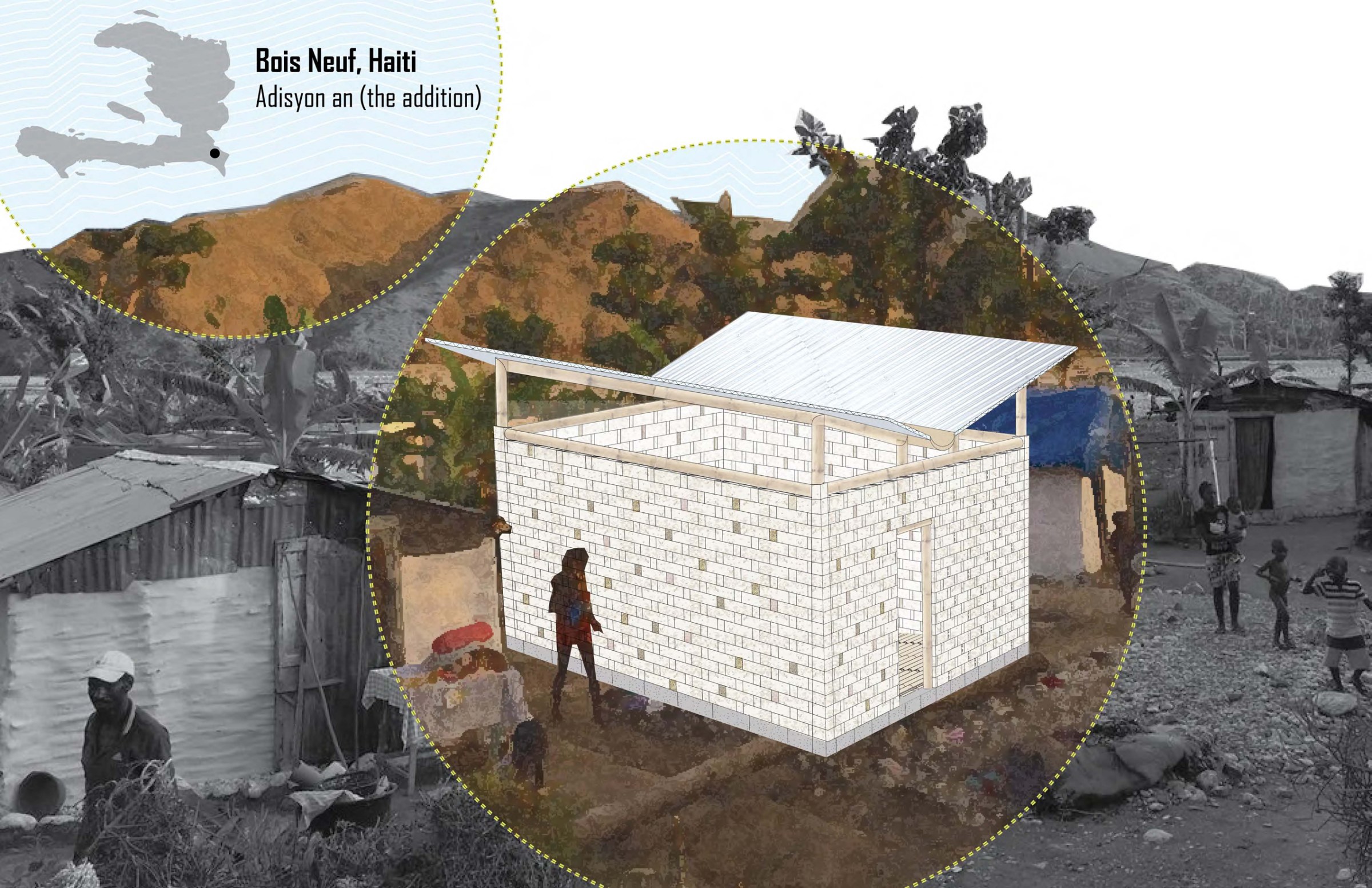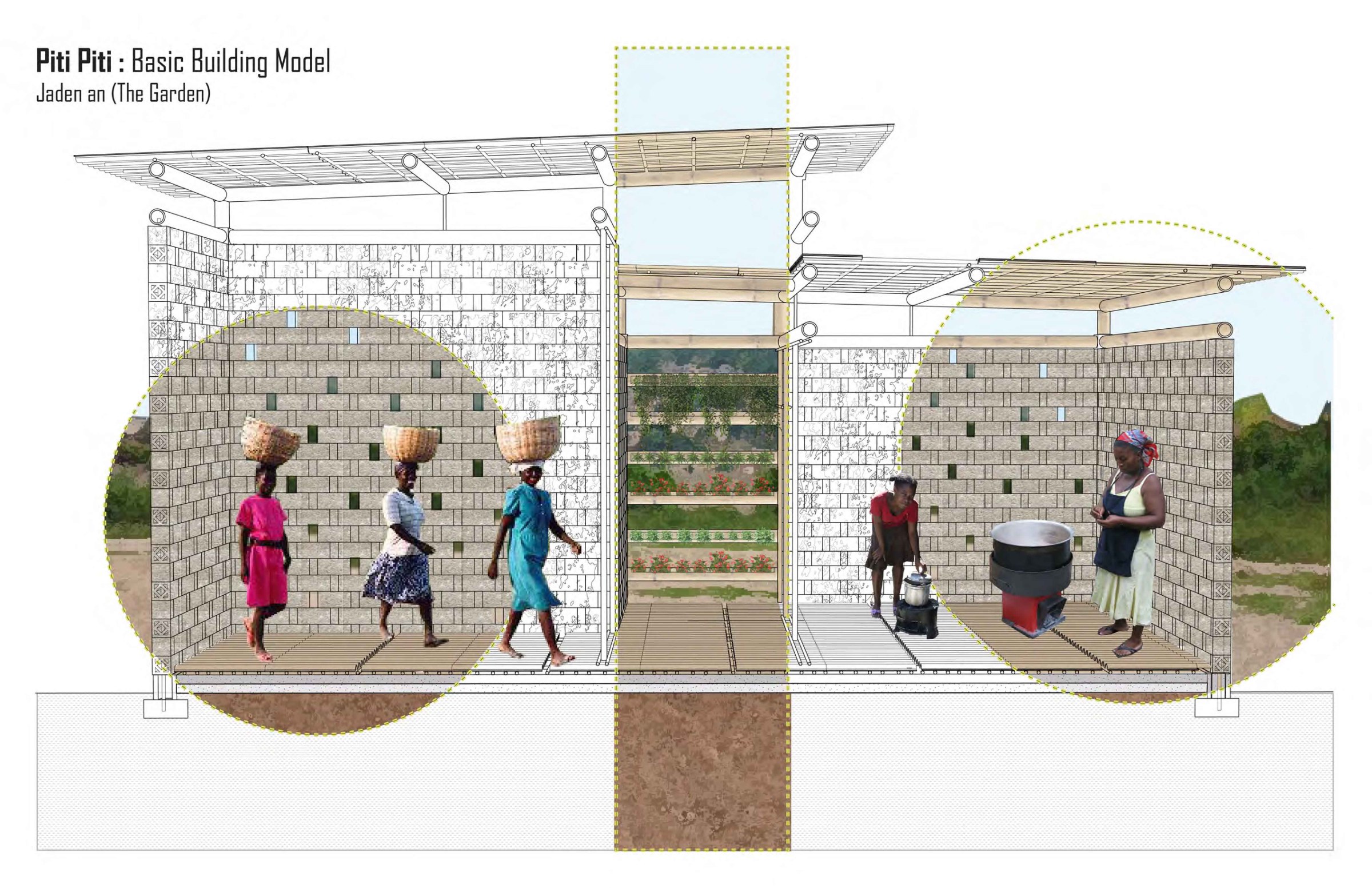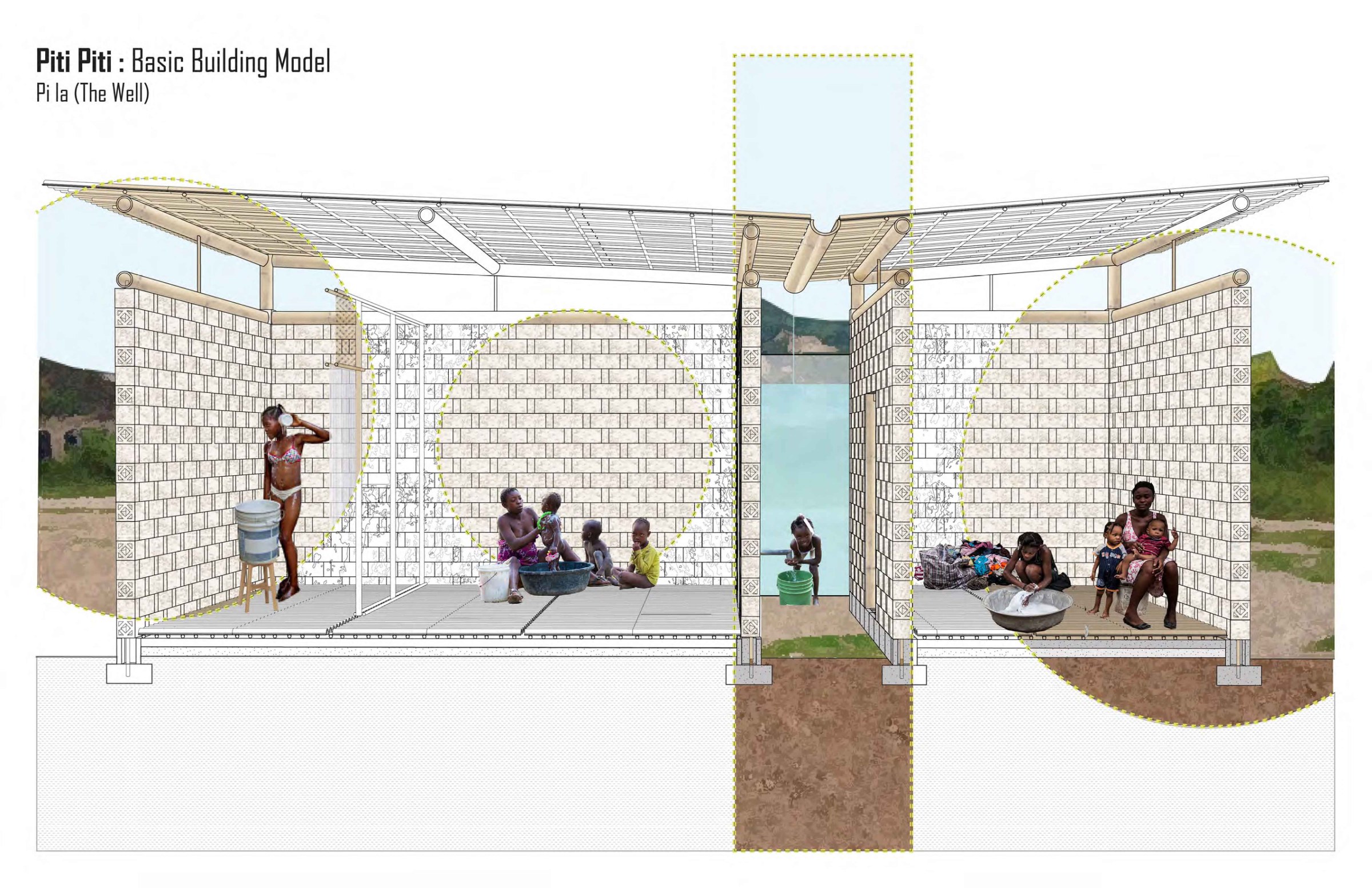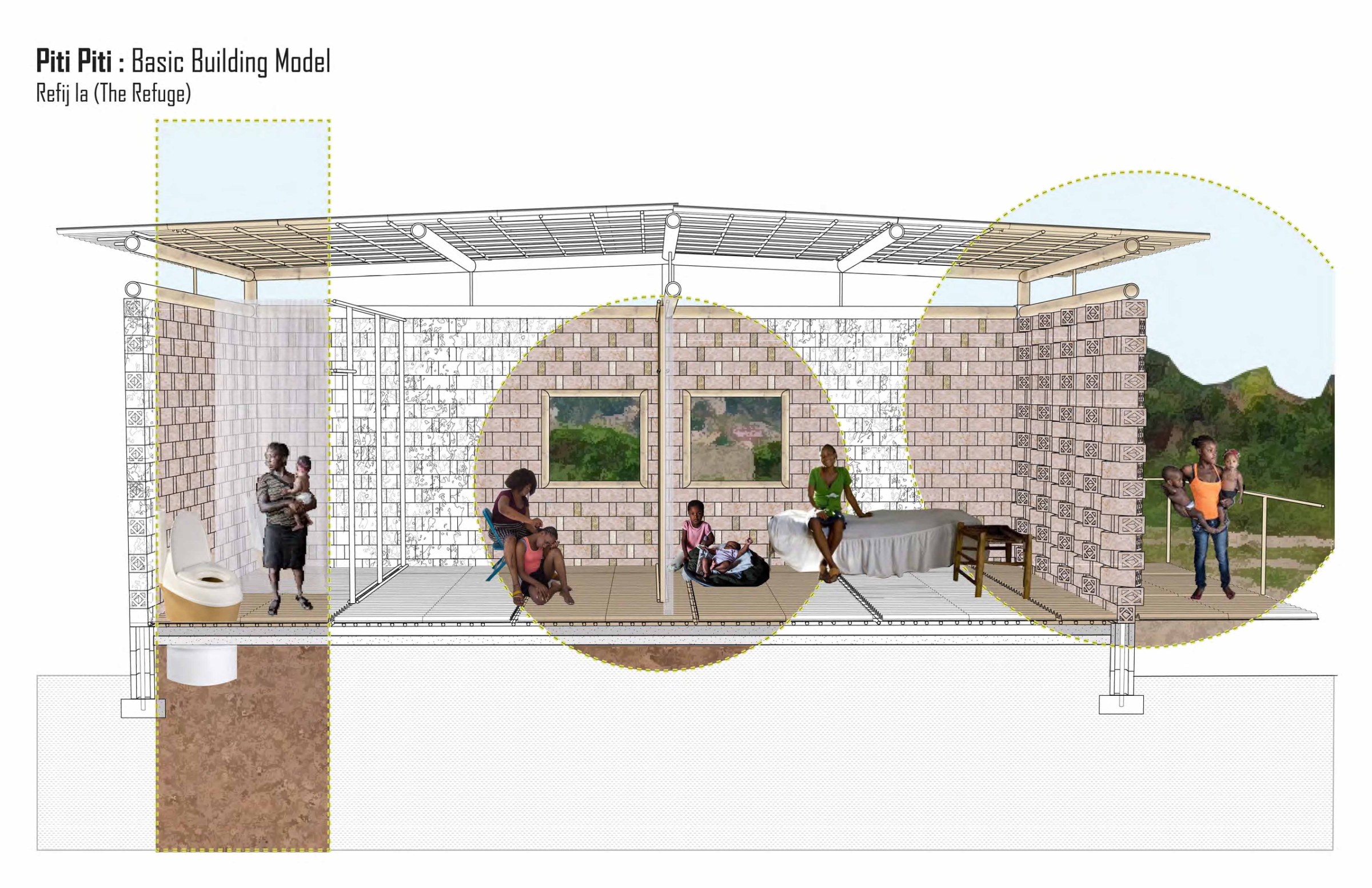Thesis Highlights
"Piti Piti"
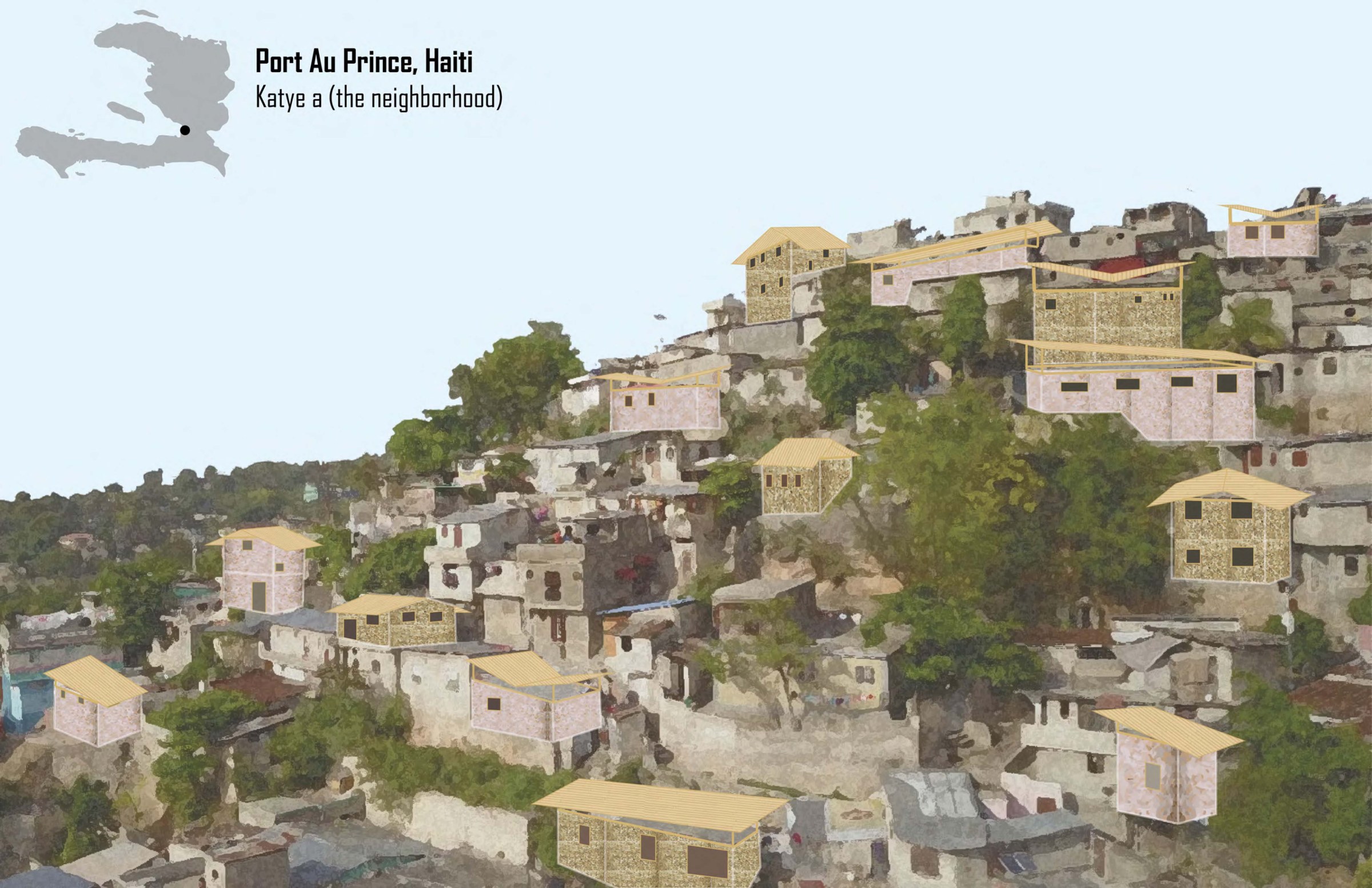
Maddison wells, 2021
“Piti Piti: A Kit-of-Parts, an Architecture of Liberation”
Architecture is inherently inequitable. Architects have a positive duty to protect the health, safety, and general welfare of the public, but what public is often protected and what public is often neglected? "Social" architecture attempts to address the inequities of practice by lending the expertise of architects to marginalized communities as a means to catalyze a sense of communal ownership and participation. However, improving dilapidated built environments do not contribute to liberation from generational cycles.
Modular design has the capacity to empower marginalized communities as well as incite lasting social, economical, and ecological change from within. Systems, or kits of parts, for the incremental implementation of architecture and infrastructure would allow these communities to control their built environment, model equitable distribution, and liberate themselves from generational cycles.
Piti Piti : Basic Building Model. An architecture of liberation constitutes healing from within. The materials chosen should benefit the natural environment, the built environment, and all of their inhabitants through contributing to existing ecologies, creating opportunity for adaptation over time, and improving health and safety.
WORK
